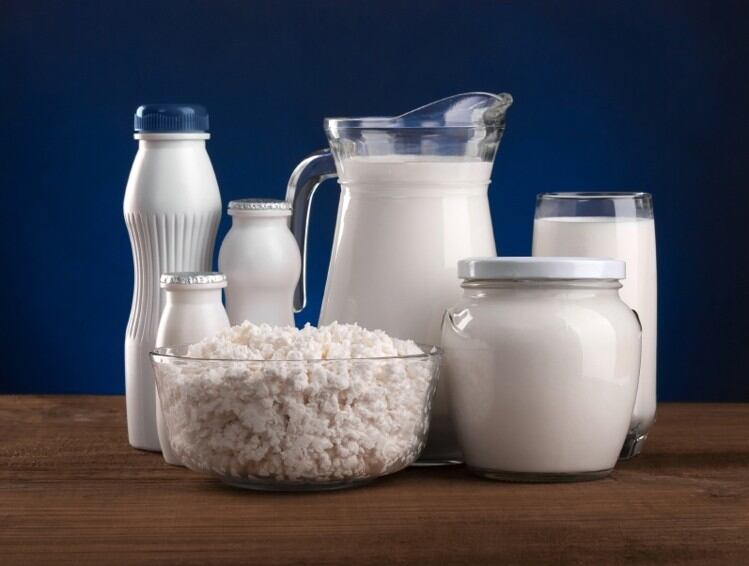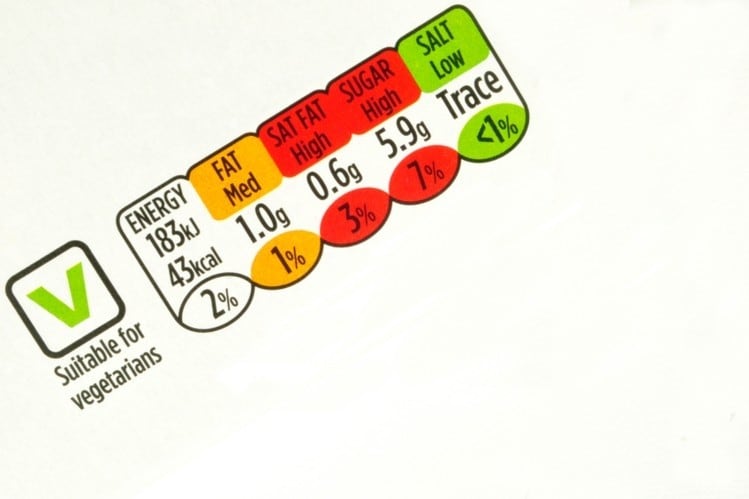'Playing with people’s health’: Bangladesh High Court in astonishing attack on government agency over adulterated dairy scandal
The Bangladesh High Court has publicly slated the nation’s food standards agency Bangladesh Standards and Testing Institution (BSTI) for a lack of responsibility amidst contrasting dairy adulteration test results circulating in the country.
The BSTI had told the court that it would only look into ‘only 18 companies which were given license for producing and supplying pasteurised milk and curd'.
This was because it claimed that all other unlicensed companies should fall under the responsibility of the Directorate of Agriculture Extension and the Ministry of Livestocks and Fisheries instead.
In response, the High Court’s Justices Md Nazrul Islam and KM Hafizul Alam said: “We are astonished at your statement. Who has given you the right to play ducks and drakes with the people’s health? They have no license, but they are producing and supplying milk! Who is responsible for looking into it?”
‘Violative health risks’: Philippines FDA issues warnings against 14 unregistered food products
The Philippines Food and Drug Adminstration (FDA) has issued warnings against 14 unregistered food products, including beverages, snacks and desserts, advising the public against purchasing and consuming them.
Across a series of four advisories, 17 items were mentioned in total, 14 of which were food products and the remaining three food supplements. In addition, six other advisories comprising 31 health supplements were also issued with similar warnings.
Of the 14 food products mentioned, 10 were a variety of instant drink mixes from coffee to lemonade, and the remaining four were purified water, vegetable bouillon cubes, salted egg fish skin and a dessert brand.
Preventing zoonotic diseases: Abu Dhabi authority stresses biosecurity requirements to protect supply chains
The Abu Dhabi Agriculture and Food Safety Authority (ADAFSA) has stressed the need for farms in the region to implement biosecurity requirements to prevent zoonotic diseases from entering the food chain.
Zoonotic diseases, according to the ADAFSA, could be transmitted directly from animals to humans when humans consume infected animal products.
It could also be transmitted indirectly via vectors such as mosquitoes, lice, and rodents.
To avoid zoonotic diseases, the ADAFSA has circulated a notice of actions to step up biosecurity requirements.
‘Health and sustainability: Why cell-based meat is crucial to help meet APAC’s protein needs – CEO
The development of cell-based seafood and meats , and shrimp in particular, should be prioritised in order to meet the protein needs of Asia’s growing, and ageing population, in a healthy and sustainable manner.
“There are only so many shrimps available, a very limited supply – we are catching these at a very fast rate, and the shrimp can’t reproduce fast enough to keep up with demand,” said Shiok Meats CEO and co-founder Sandhya Sriram at our second Healthy Ageing APAC Summit in Singapore.
“A lot of shrimp consumed today is also grown or bred in [very unhygienic conditions] like in sewage water – this is because shrimp are bottom-feeders, and will feed on the the waste in this waste water.”
Beverages blow: Researchers find sugar in drinks carries higher health risks than that in food
A New Zealand study has revealed that sugar-sweetened beverages appears to contain higher health risks than sugar-containing foods, especially when it comes to metabolic syndrome development.
Conducted by researchers from the University of Auckland, the study was done based on a comprehensive review of PubMed scientific literature pertaining to sugar and sucrose.
All in all, they found that liquid added sugars in the diet carry greater risk than solid added sugars, in terms of the ability to induce features of metabolic syndrome such as weight gain and insulin resistance.





